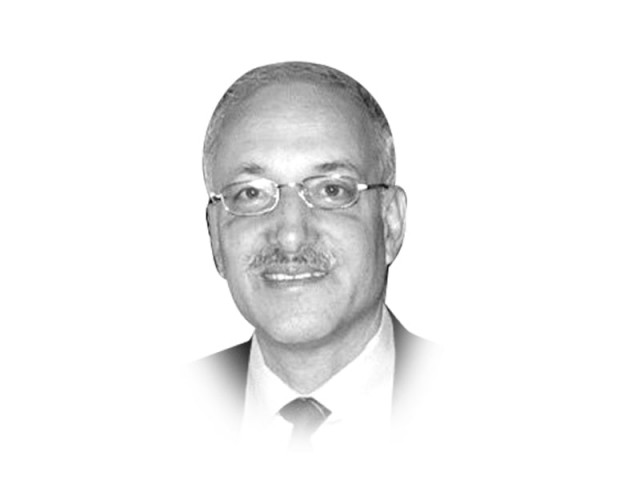A new dawn
Now that PML-N will be in power, it will need to learn from its own mistakes of the past and those of the PPP.

tariq.rahman@tribune.com.pk
The PPP and the ANP should not complain of having suffered in the elections because of the Taliban onslaught on their election rallies. It must have had an effect and it was a gruesome form of pre-poll rigging but the real reasons were the perception of corruption of the major figures of both parties and bad governance. True, the PPP did raise the wheat support price bringing prosperity to the rural areas and encouraged the growing of food crops but people in the cities did not notice this. Moreover, the urban lower middle-class did suffer from the increase in food prices so not everyone approved of this measure. The PPP did create the Benazir Income Support Programme, which is the first step towards a welfare state, but if leaders are perceived as being corrupt, people do not believe that their programmes can be transparent. Other achievements of the PPP: the best-ever NFC Award to the provinces; the relinquishing of presidential powers; the empowerment of the provinces; the pro-women legislation — these did not make an impact on the man in the street. Asif Ali Zardari’s really good initiatives like trying to reduce the power of the agencies, offering no-nuclear-first-strike pact to India and trying to send the DG ISI to India after the Mumbai attacks were still-born. But Asif Ali Zardari was hardly the man who could take such initiatives. Perceived to be corrupt, he harmed the PPP by gathering a coterie of unpopular people whose only job seemed to be to keep him (not the PPP) in power and not let the Swiss courts pursue cases against him. Worst of all, the PPP did not solve the problem of load-shedding — created by Benazir Bhutto’s shortsighted policies in the first place — leading to alienation of the middle-class and the urban working-classes from the party. Similarly, the ANP was seen as corrupt and could not save Khyber-Pakhtunkhwa from terrorism. In a country which is confused about this phenomenon, the ANP’s successful battle against the terrorists in Swat and loss of leaders was ignored by the people who think that the PTI might have a solution to this issue.
So, now that the PML-N will be in power in the centre, it will be incumbent on it to learn from its own mistakes of the past and those of the PPP in the last few years. Nawaz Sharif will have to curb the tendency to adopt some stratagem like claiming to be a caliph of sorts in order to curb freedom of dissent. He will also have to stop hiding terrorists in Punjab and start taking serious note of those in the province accused of terrorism. And, unlike the beginning of his rule, he will have to stop strengthening the Ziaul Haq-inspired laws, which have made the lives of minorities and women hell in this country. Instead, he will have to promote his pro-peace policies which resulted in Atal Behari Vajpayee’s historic visit to Lahore (betrayed by General (retd) Pervez Musharraf through his mindless Kargil war). Indeed, he will have to save the Pakistani troops from useless deaths by pulling out of Siachen unilaterally. He should even go ahead with peace in Kashmir on the lines suggested by General (retd) Musharraf (one of the few good things he did) till India comes around. And, of course, his biggest challenge will be dealing with terrorism and the generation of power. The first will be very difficult since he, too, has been insisting in the past that this is not Pakistan’s war. And in this, Nawaz Sharif needs the help of Imran Khan. If there is one man who can convince Pakistanis that the war against the terrorists is their war, it is Imran Khan. Will Imran rise to the challenge or will he discredit Nawaz leading to five more years of random explosions? This, only the future will bring out. At the moment (Sunday, May 12), there is a new dawn in Pakistan. The results are coming in and let us hope they are accepted with grace.
Published in The Express Tribune, May 13th, 2013.












COMMENTS
Comments are moderated and generally will be posted if they are on-topic and not abusive.
For more information, please see our Comments FAQ